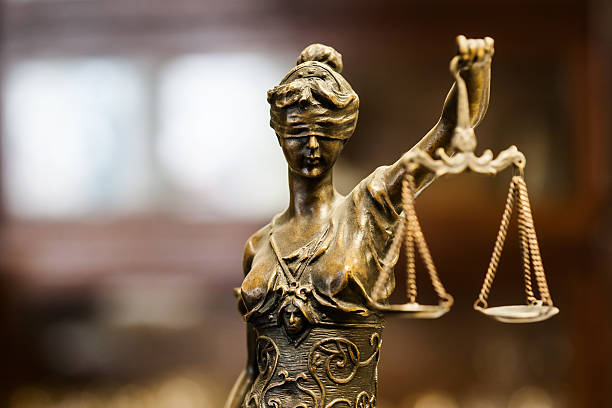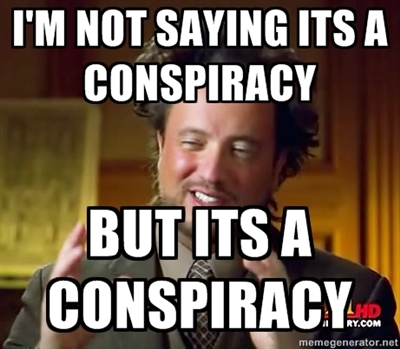Hey Pals, I am now three years sober from alcohol and smoking (my drug of choice). Two questions I often get asked when I decline a puff or a drink at the bar, are: Why don’t you smoke/drink? or, How did you stop? Usually, I’m a dick about the first question, because how is that any of your damn business? But depending on if I like you, I’d share that I didn’t like the dependency I had developed towards smoking. I was never one for drinking, so it just made sense for me to stop both at the same time.

*Look at that three year anniversary glowwwww
The first few weeks were harddd but the support of my friends, reassessment of my involvement in certain spaces, and a desire to regulate my emotions and manage stress in healthier ways, saw me never taking a smoke (brief reprieve to puff on Cuban cigar for the experience, can’t fault me that!) nor drink after that day. Today it stands amongst one of the best decisions I’ve made for my mental, physical and emotional health. I ain’t gonna lie though, raw dogging life has not been a walk in the park, so I’d never judge people for the coping strategies they use.
As to how I did it though, that has a lot of parts to it, and they were all deeply connected to my life. So if you have been thinking about ending or adjusting your relationship with smokes or alcohol, I’ve decided to share my plan. With a few edits to make it your own, and a commitment towards breaking the habit, hopefully, you too will be able to reach those goals you set for yourself. Feel free to let me know of your progress if you decide to do it!

*Me a few days after quitting, assessing my fruit juice.
QUIT SMOKING S.M.A.R.T PLAN
REASONS I want to stop
– Health benefits eg lungs, lips, emotional regulation
– No smokers voice or cough
– More MONEY
– No dependency
– Better example for kiddo
– Ease mental fog
– Increase motivation and focus
– Healthier appetite/consumption habits
– Better and more restful sleep
– Less drug-induced anxiety
– Less law problems
– Better coordination
– No skunk smell
– Can pass a drug test
TRIGGERS that make me want to smoke
– Trouble sleeping
– Work stress
– Seeing others smoke
– Overstimulation eg too much noise, chatter, sounds, tension etc.
– Anger/annoyance
– Routine
– Boredom
– Smoke filled music, movies, shows etc
– Before/after meal habit
– Motherhood stress
– Money stress
– Anxiety
– Depression
– Loneliness
– Cravings
– Drinking
STRESS MANAGEMENT to avoid smoking
– Exercise/Stretch
– Going for brief walk or run
– Meditating
– Reading pages of a book/poem
– Breathe, examine craving to smoke and remind self of reasons to quit and of my progress so far
– Gardening/Planting
– Write a few pages or poem
– Learn something new eg new recipe, new dance etc.
– Journal about feelings, day, gratitude etc
– Listen to music
– Plant something
– Buy something eg plant
– Draw/paint
– Talk to people eg. child, non-smoking friends etc.
– Haircare
– Sing/Dance
– Watch episode/music
– Read
– Breath & relax
– Play crossword, quiz, puzzle etc
– Rock searching
– Photography/videography
– Do nails, face, hair, skincare etc.
– Sleep
– Plan something eg. World domination

*Me on my second year anniversary free from substances and high on audacity
SMART PLAN:
Recovery is a CONTINUOUS process. Be aware of weeks/months of feeling miserable and craving a smoke/drink inclusive of insomnia, depression, anger, vivid dreams, loss of appetite, headaches, coughing, night sweats, loss of concentration, nausea, dizziness
SPECIFIC – Quit smoking by April 21st 2020
MEASURABLE – No smoking
ACCOUNTABLE – Check in weekly with support group (3-5 persons)
RELEVANCE – Better health, more money, emotional regulation
TIMELY- New career prospects, uni prep, goal pursuit/demotivation, getting older/more health impacts
Future plans and Escape routes:
– Cravings Jar to pull out activity everytime one hits (save money otherwise spent on smoking/drinking)
– Stepping out for air
– Engage hands/mouth in activity eg gum, cards
– Play game on phone
– Talk to someone
– Limit contact with smoker friends (particularly if they don’t support non-smoking)
– Get non-smoking friends
– Engage in nonsmoking activities, non-smoking pastimes inclusive of music etc.
– Assess monthly progress, make new goals/strategies
– Avoid alcohol (once every 2 weeks – once per month)
– Stay accountable to support group
– No parting with money for smokes
– Healthier eating
– Keep craving journal eg how intense, who was with & what was doing
BOUNDARIES:
No smoking in house/around me
No drugs when at parties/socials
No smoking paraphernalia
No putting aside smoking money (save in jar for reward)
Rewards – every one, four or twelve months spend money on SELF-reward
Friends I can turn to for support – *****
Friends to avoid – ALL inclusive of *****
Making non-smoking friends – *****
When I felt myself itching for a smoke, I would take a read through my list to remind myself in depth about why I was choosing to stop. It always helped to ground me. Good luck!
























